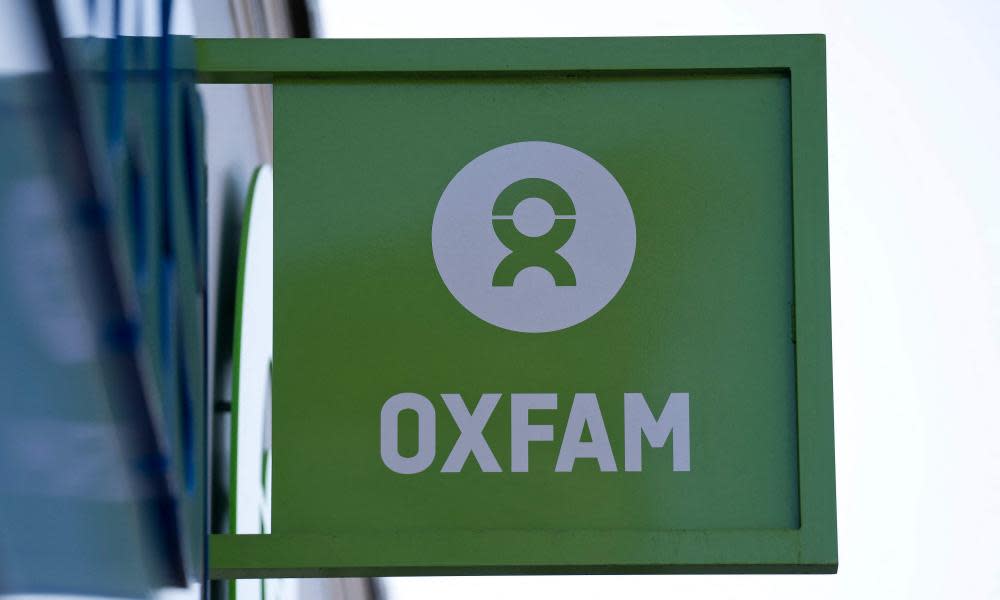Is Oxfam’s language guide taking sides in the culture war?

I applauded Oxfam’s new language guide, sharing it with my networks online and with colleagues working on power shifting and decolonising aid in our sector, who agreed it is excellent and should be used by all.
I was not shocked when I read the opinion piece by the chief executive of Oxfam GB, Dhananjayan Sriskandarajah (Oxfam’s job is to end poverty – we refuse to be distracted by the toxic culture wars, 21 March), as there will always be people who get their knickers in a twist over their so-called pride in being white/British/cisgender/heterosexual/relatively wealthy/able bodied etc.
Nor was I disappointed or frustrated, as the backlash simply proves exactly why this kind of guide is necessary.
What I felt, was in fact, fatigue and apathy. The whole culture war nonsense is so dull now. Piers Morgan is boring. Hot-headed keyboard crawlers are boring. Much like an early-2000s falling-out between Kat Slater and Alfie Moon, it started fiery and is now just all damp-squibby.
What is not boring, however, is Sriskandarajah’s refreshing leadership.
What’s is not boring is a world where we all just respect one another, live peacefully, and focus our attention on the real threats to our prosperity.
I can’t fully comprehend the distress and hurt apparently caused by this language guide. But I imagine most simply feel threatened. By what, though, is beyond me entirely. This is exactly the objective of many British media outlets, headed by the world’s most powerful. They want us to fight among ourselves while they get richer, and the poor get poorer.
For anyone who wishes to engage in this discussion, I’d encourage you to first read the guide itself, but critically check out Steve Rose’s fantastic piece in the Guardian on the weaponisation of the word “woke” by the right (21 January 2020).
And breathe.
Laura-Louise Fairley
London
• As a longstanding supporter of Oxfam, I find both the language guide and the response by Dhananjayan Sriskandarajah offensive to women and mothers. Language is important and to advise your staff to avoid the use of “mother” to the benefit of a gender-neutral term, “parent”, indicates that you do not realise that wellbeing and development across the world is shouldered by women, and particularly mothers. Mothers – not parents – provide the lion’s share of care to children, the ill and elderly.
It adds to the insult when Sriskandarajah mentions Oxfam shops’ displays on Mother’s Day as a proof for his appreciation: the word “mother” is good enough for marketing but not important enough to be taken seriously in their daily work. I am afraid that Oxfam is distracted by the toxic culture wars it is carefully trying to avoid.
Anke Hassel
Berlin

 Yahoo News
Yahoo News 
